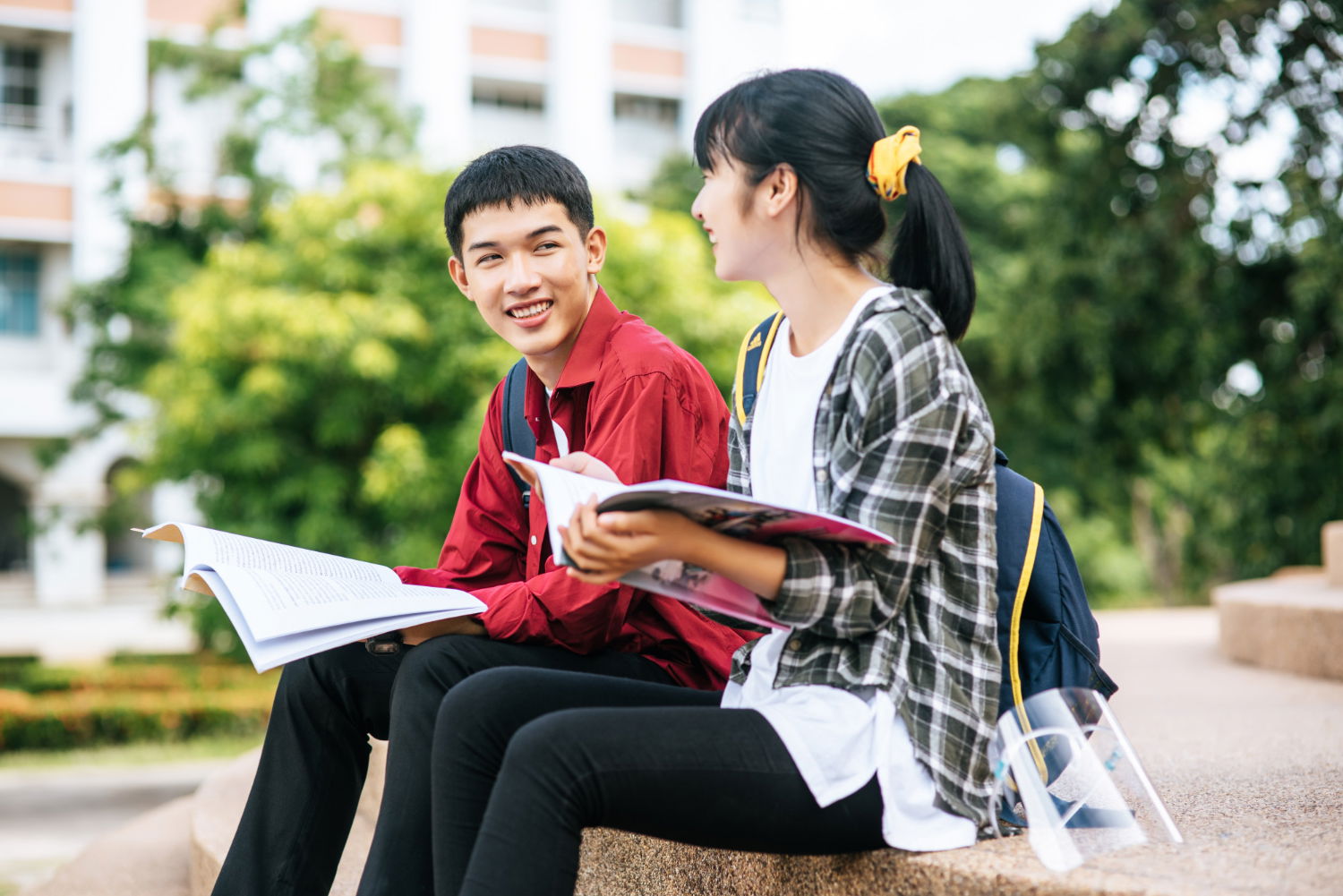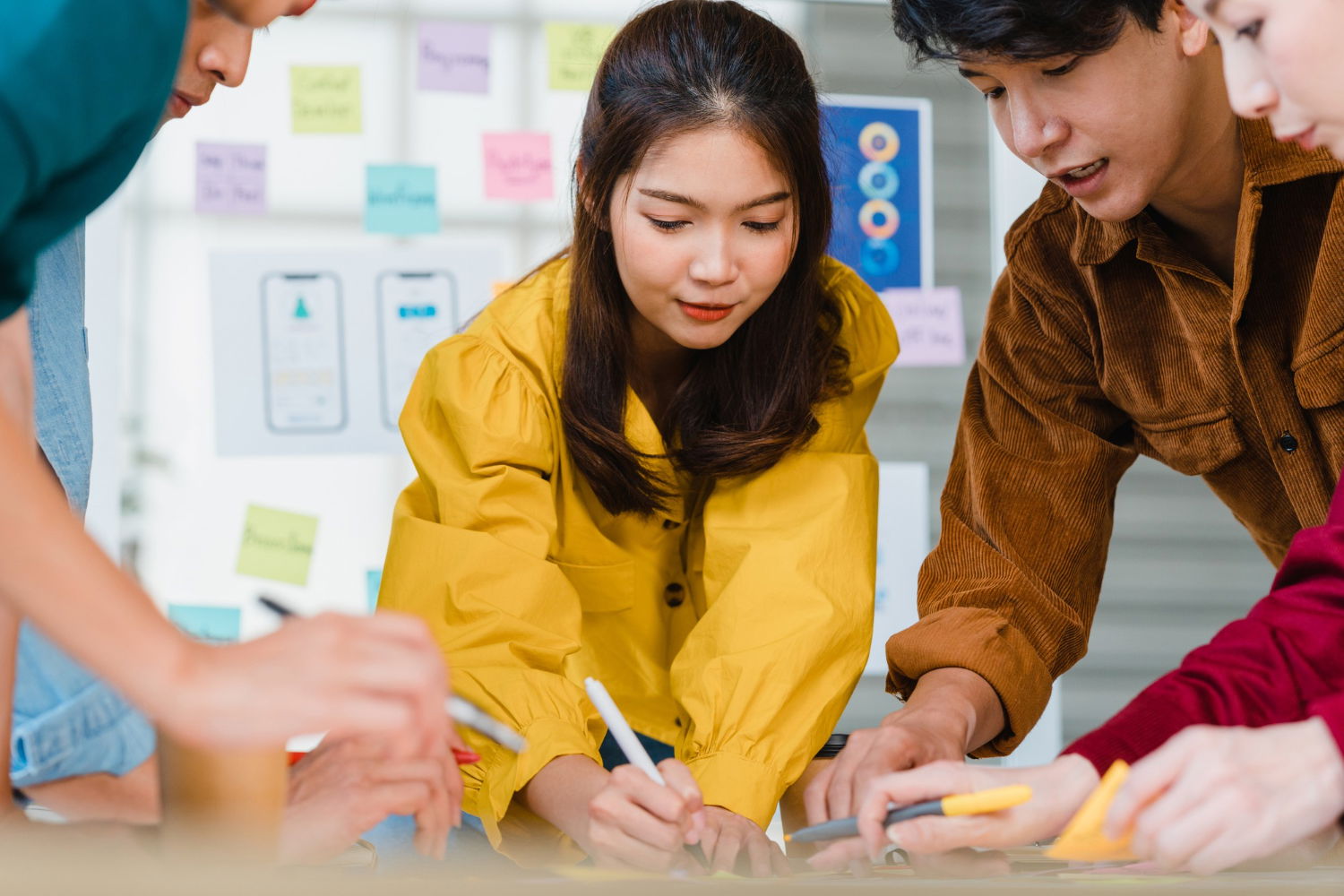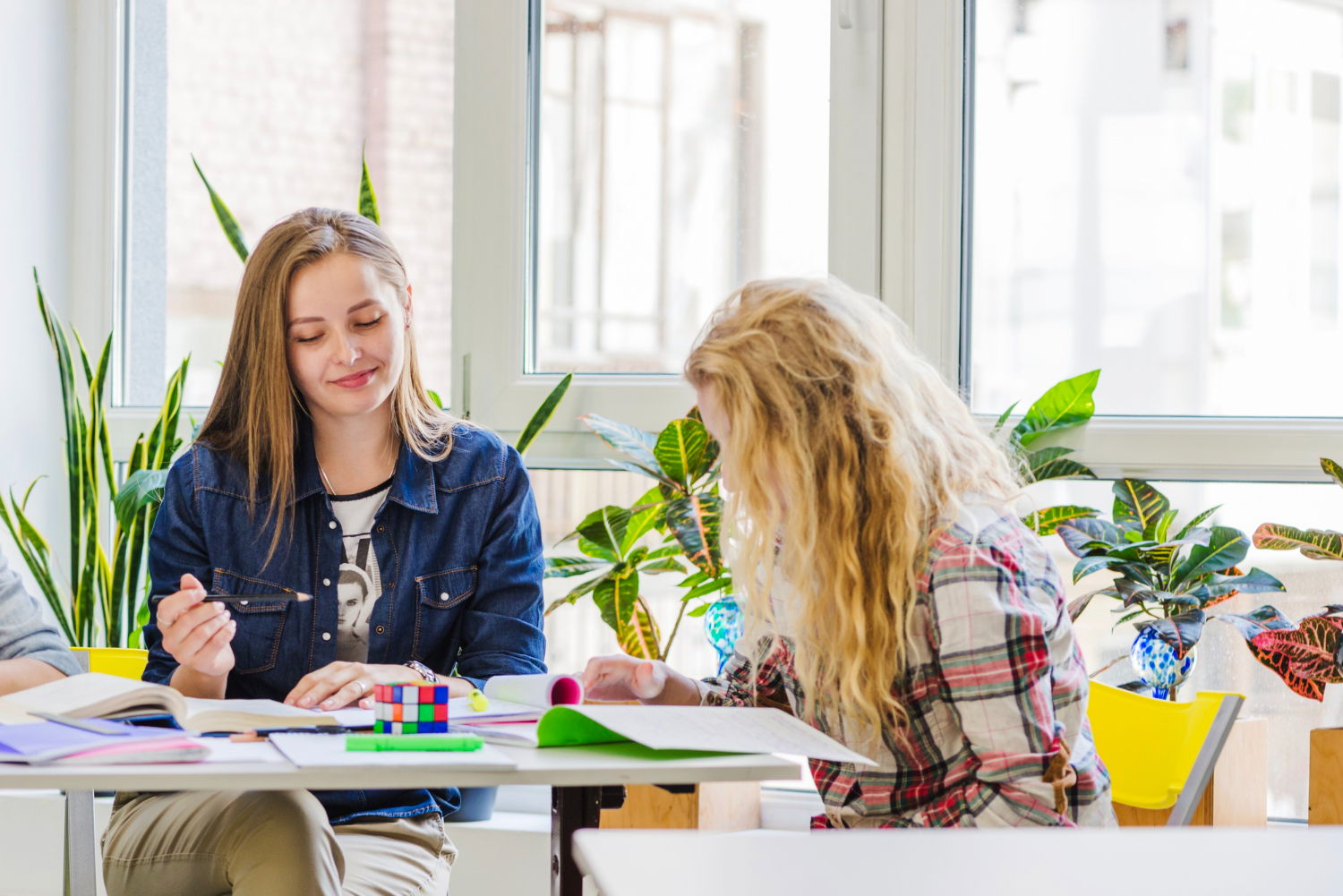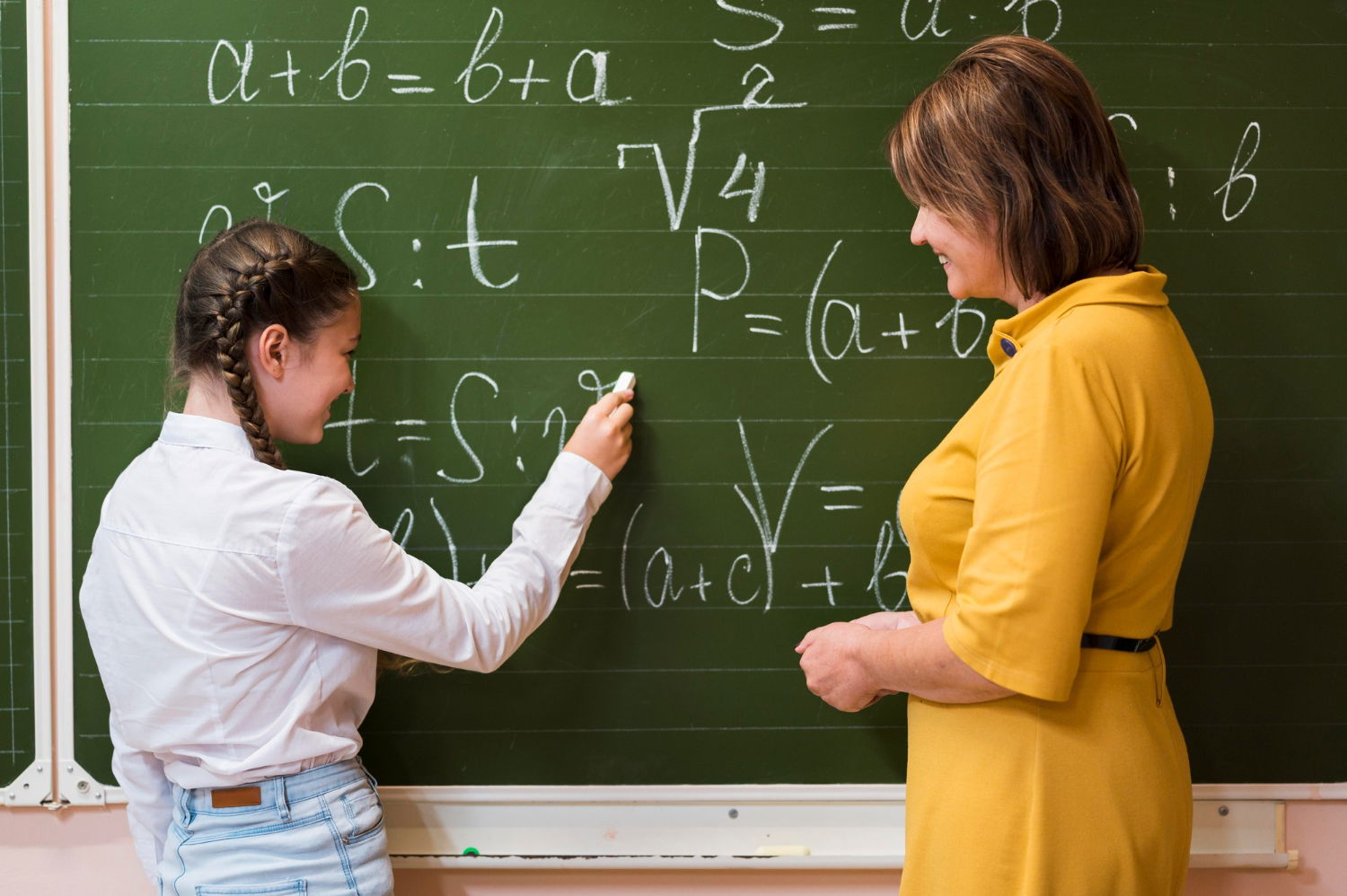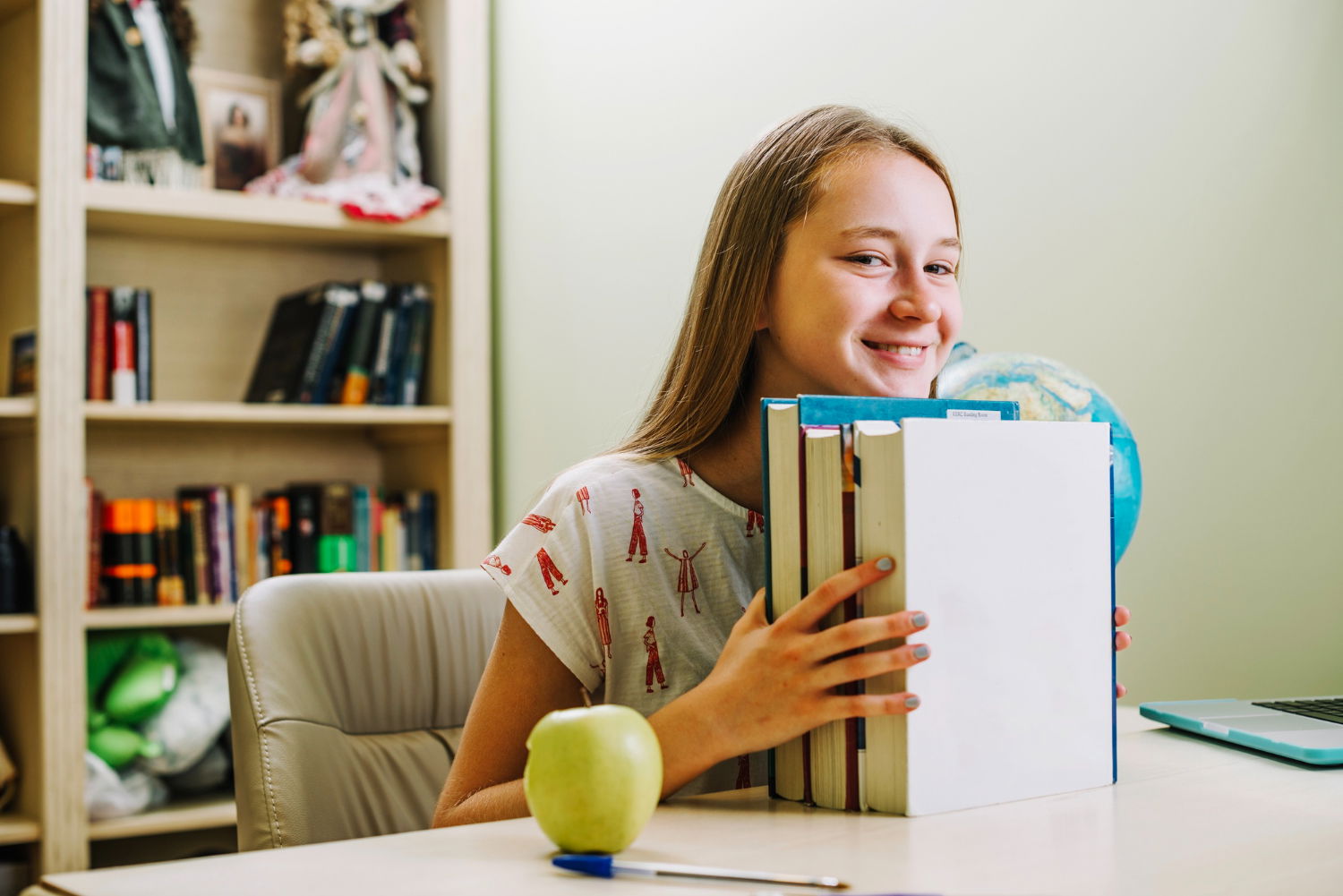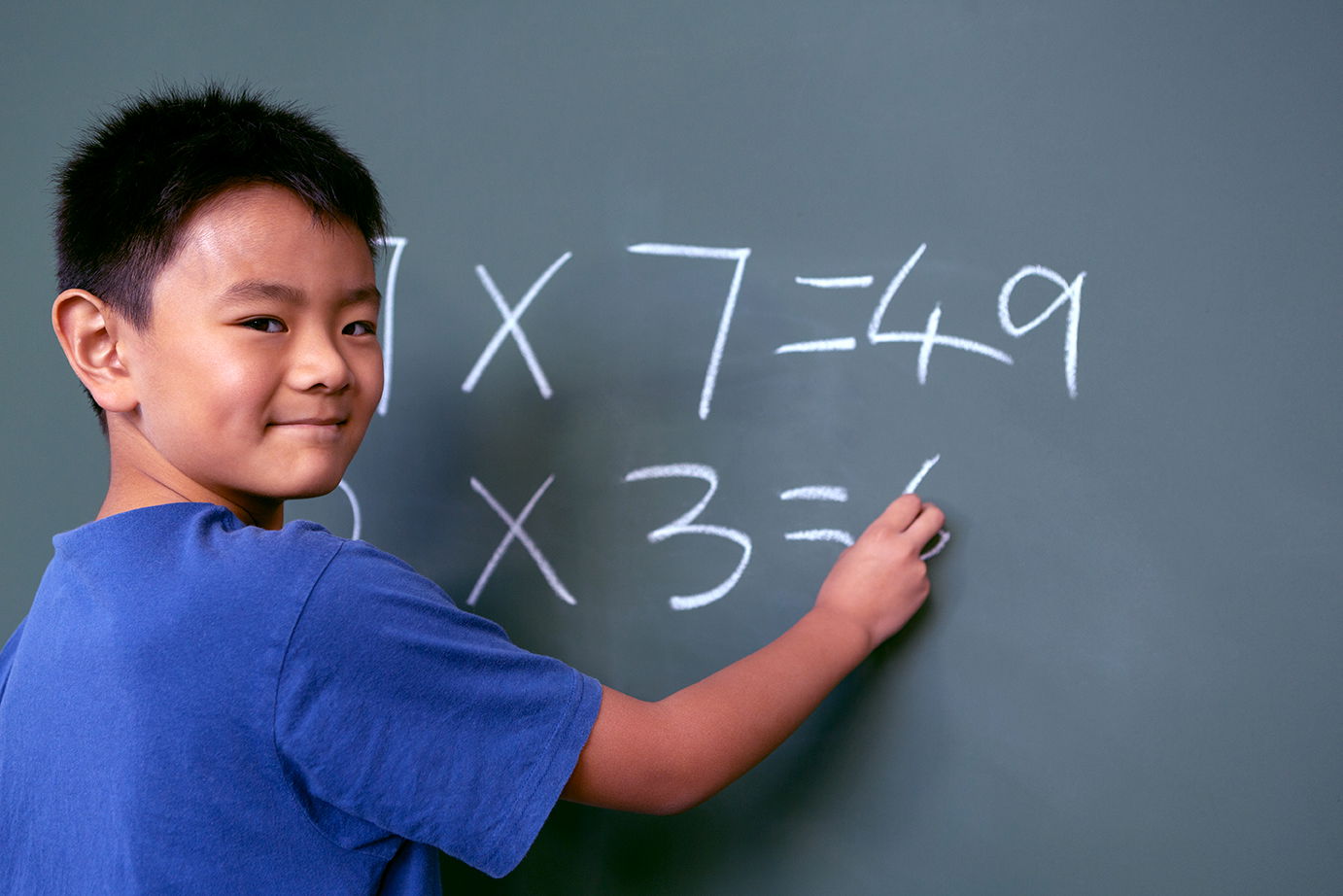What is The IB Middle Years Programme (MYP)?

The IB Middle Years Programme is a learning framework for students aged 11 to 16 that fosters active learning, deep inquiry into local and international issues, and the confidence to contribute their skills to the world in meaningful ways. The MYP develops creative, critical and reflective thinkers among other skills that contribute to long-term success beyond school. Taught in thousands of international, national, and private schools worldwide, the programme blends academic challenge with personal development and global awareness, helping students form strong learning habits that shape their growth both in and out of the classroom. This guide offers further insight into the essence of the MYP, details of its curriculum, duration, and structure, as well as how it supports long-term student success.
Do you need help with MYP?
Introduction
The MYP provides structure, purpose, and direction for students at a key stage of development. It links traditional subject learning to real-life situations, providing students with the tools to think critically, communicate clearly, and understand global issues.
This article explains the meaning of the IB MYP, outlines its core elements, and demonstrates how it supports both academic progress and personal growth. It also guides parents on what to look for when choosing an MYP school and offers practical steps to support students through the programme.
What is the MYP and Who is it For
The Middle Years Programme is a five-year educational framework for students aged 11 to 16. It can be taught in full across five grades, or in shorter formats such as two, three, or four years, depending on a school’s structure. It is an inclusive programme and suitable for students from a wide range of academic backgrounds.
The MYP centres on connecting academic subjects with relevant global issues, personal growth, and responsible action. It encourages students to learn actively, build strong study habits, and develop an understanding of the world around them. As a result, it is commonly chosen by international schools, bilingual schools, and national schools that want to broaden their curriculum with a global perspective.
How the MYP Fits into the IB Continuum
The IB offers a full educational pathway from early childhood to pre-university.
The MYP sits between the Primary Years Programme for younger learners and the Diploma Programme or Career-related Programme for older students. This position marks a vital transition period during which students strengthen essential learning skills, including research, communication, and higher-order thinking.
When students complete the MYP, they’re well prepared for the academic demands and personal responsibilities of the IB Diploma Programme. The critical, independent, and reflective learning style developed during the MYP supports strong future performance.
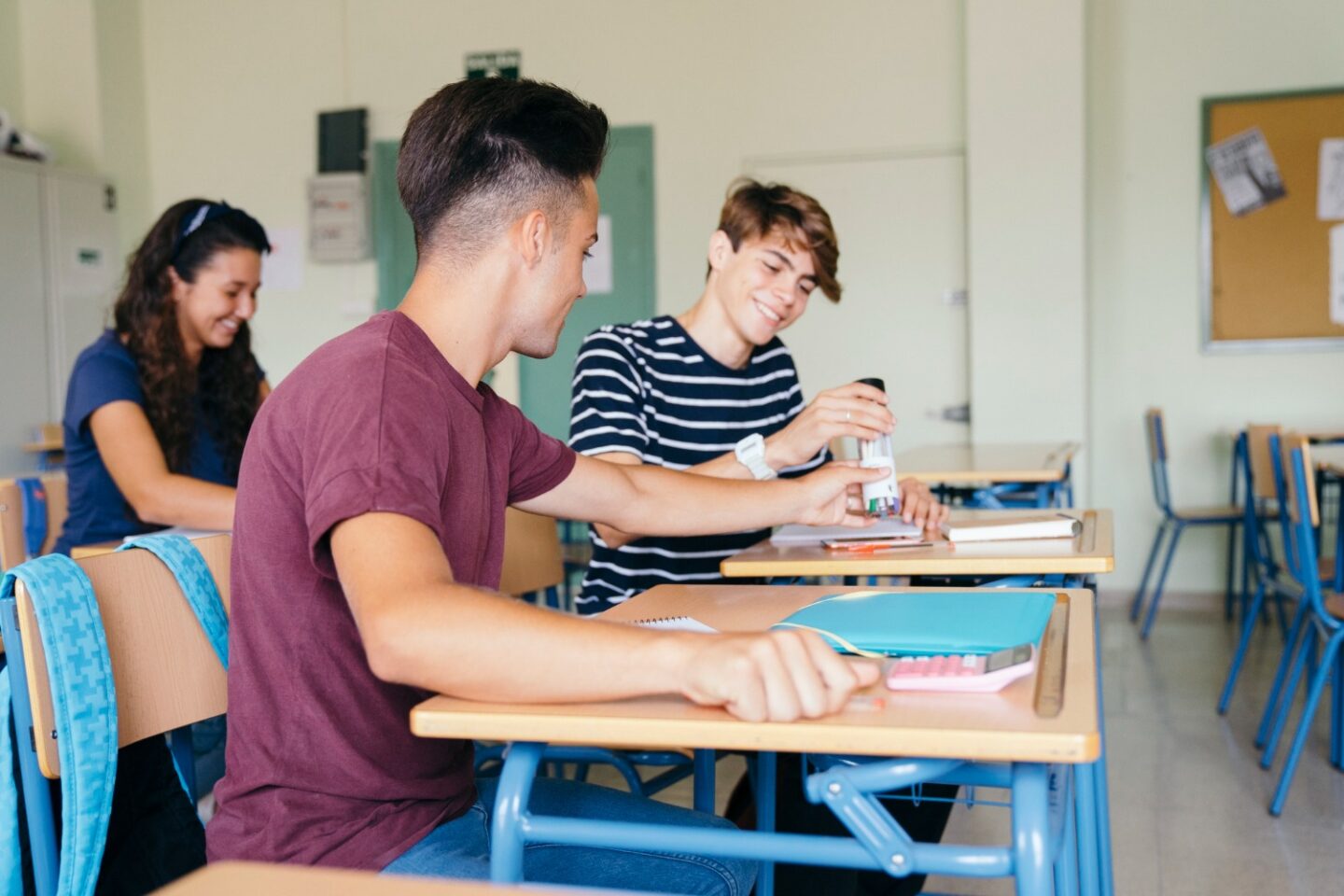
Why the MYP Matters
The MYP is designed to support young people academically and personally at a stage of rapid growth. It provides students with structured opportunities to develop strong learning behaviours, a global outlook, and resilience.
Building Well-Rounded, Globally Minded Learners
Students build qualities that help them understand their place in the world. The programme guides them to explore local and global issues, appreciate varied cultural perspectives, and recognise how knowledge connects across subjects. It also nurtures communication, curiosity, empathy, and positive behaviour.
Through this approach, students strengthen analytical thinking, cultural awareness, confidence in new situations, and adaptability in learning and group tasks. These traits contribute to success in both academic and daily life.
Key Benefits for Students and Families
The MYP provides strong advantages that contribute to long-term growth. Its key strengths include how students benefit from:
- enhanced critical thinking
- improved communication and collaboration
- structured personal development
- a strong foundation for higher academic levels
- confidence built through inquiry and independent work
Families appreciate the MYP because it focuses on both academic achievement and well-being. Its balanced structure ensures students gain skills that matter for the future while developing healthy attitudes toward learning.
Core Structure and Components of the MYP
The MYP has several key elements that guide teaching and learning. Each part contributes to the programme’s aim of developing confident, capable, and reflective learners.
The Eight Subject Groups
Students engage with eight subject groups, which provide both breadth and depth in their learning. This structure provides a strong academic foundation and helps students develop versatile skills across various areas. The groups include:
- Language and Literature: Focus on reading, writing, analysis, and effective communication in the student’s primary language.
- Language Acquisition: Learning an additional language to build global awareness and communication skills.
- Individuals and Societies: Exploration of History, Geography, Economics, and Social Systems to understand how communities function.
- Sciences: Study of Biology, Chemistry, and Physics through inquiry and practical investigation.
- Mathematics: Development of logical thinking, problem solving, and numerical skills.
- Arts: Creative expression through visual arts, drama, music, or other artistic disciplines.
- Design: Project-based learning that builds planning, creativity, digital literacy, and problem-solving skills.
- Physical and Health Education: Focus on physical activity, health, well-being, and understanding how to maintain a balanced lifestyle.
Each subject group has at least 50 hours of teaching per year, ensuring students explore a wide range of academic areas while building transferable skills.
Concepts and Global Contexts
Teachers use key and related concepts to help students explore big ideas that cross subject boundaries. These concepts deepen understanding and support higher-level thinking.
Global contexts connect learning to real-world situations. Students explore issues such as identity, culture, relationships, global challenges, and sustainability. This approach helps them understand how classroom learning is connected to broader human experiences.
Approaches to Learning (ATL) Skills
These skills are central to the MYP meaning in education because they shape the way students approach every learning experience. ATL skills teach students how to learn effectively by strengthening thinking, communication, social skills, research methods, and self-management, giving them tools they can use across all subjects. So, what are ATL skills in the MYP?
ATL skills help students work independently, organise their time, and collaborate with others in meaningful ways. They also guide students in becoming reflective learners who understand how they learn best, allowing them to adapt their strategies as they grow and take on more advanced academic challenges.
Interdisciplinary Learning in Action
The MYP encourages interdisciplinary learning by inviting students to explore topics that connect ideas from more than one subject group. This helps them see how different subjects relate, while building flexible thinking and stronger overall understanding.
In these units, students examine problems from multiple perspectives, integrate various types of knowledge, apply skills from multiple subjects, and evaluate complex information. This mirrors real-life learning, where solutions often rely on a blend of skills and perspectives.
Service as Action – Learning Through Community Engagement
Service as Action provides students with the opportunity to apply what they’ve learned in meaningful community experiences, enabling them to connect classroom knowledge with real-life situations. It develops empathy, responsibility, and awareness of social issues while encouraging students to take thoughtful action.
Activities may include:
- supporting environmental projects
- planning awareness events
- helping local charities
- creating solutions to school or community needs
Through these activities, students learn to plan projects, make decisions, reflect on their actions, and understand the impact they can have on the world around them.
The MYP Personal Project
The Personal Project is the final milestone of the programme. Students select a topic that genuinely interests them and create a meaningful independent project that showcases their learning journey. Through this process, they develop skills in research, planning, organisation, and reflection.
They usually set a learning goal, investigate their chosen topic, produce an outcome, record their progress, and reflect on what they’ve learned. This experience builds independence, strengthens responsibility, and encourages creativity.
Need help with an MYP subject?
MYP Assessment System
The MYP assessment model focuses on understanding, skills, and meaningful progress. It values both the learning process and the final outcomes.
Internal vs External Assessment
Most MYP assessments take place in the classroom, where teachers design tasks that demonstrate a student’s understanding through various methods, including writing, inquiry, presentations, design projects, experiments, performances, and problem-solving. Clear criteria guide these tasks, provide ongoing feedback, track progress over time, and build essential skills.
Schools may also choose to offer external assessments through the MYP e-Assessment system, providing students with an additional way to demonstrate their learning.
MYP eAssessment
Schools may choose to offer eAssessment, which uses interactive onscreen exams and digital coursework portfolios. This option gives students a modern and engaging way to demonstrate their learning.
Onscreen exams are offered in Language and Literature, Mathematics, Sciences, and Individuals and Societies. These subjects use timed digital tasks designed to assess understanding and application of knowledge.
Digital portfolios are used in Arts, Design, Physical and Health Education, and Language Acquisition. Together, these assessments provide internationally recognised results that reflect current educational practices.
Grading Scale and Reporting Student Progress
The MYP uses an eight-point scale for all subjects. Teachers use criteria-based assessment to assign levels that clearly show what a student knows and can do. Levels range from 1 (beginning) to 8 (excellent). This system helps students understand their strengths and areas for improvement, offering transparent and detailed feedback.
These core components work together to create a balanced and engaging learning experience that supports both academic progress and personal development.
What a Typical MYP Learning Experience Looks Like
Students in the MYP take part in structured lessons, collaborative activities, and independent inquiry. They utilise digital tools, participate in discussions, and develop practical skills through a range of projects that foster active learning.
A typical learning experience involves exploring key concepts, linking ideas to global contexts, collaborating with classmates, applying knowledge to real-world situations, reflecting on progress, and using feedback to foster growth. Lessons are purposeful, varied, and centred on genuine understanding rather than memorisation.
Outcomes and Long-Term Benefits
The MYP helps students grow academically and personally. The programme shapes learning habits that last throughout further study and adulthood.
Academic and Personal Growth
Students build strong thinking skills, research techniques, and communication abilities while learning to manage deadlines, collaborate effectively, and reflect on their learning habits. These skills foster academic confidence, balanced study routines, motivation to tackle challenges, and a deeper understanding across various subjects. The programme also supports emotional and social growth, helping students develop as well-rounded learners.
Preparation for the IB Diploma and Beyond
The MYP prepares students well for the academic demands of the IB Diploma Programme by strengthening skills in extended writing, research, and independent learning. Many MYP graduates demonstrate strong DP performance, confidence in CAS-style activities, solid exam preparation habits, and a sustained interest in global issues and inquiry, all of which support their future academic and professional success.
These outcomes give students the confidence, skills, and mindset they need to succeed well beyond their school years.
What Parents Should Ask Before Choosing an MYP School
Parents can use certain questions to understand how well a school implements the programme.
Key Questions for Schools
Before enrolling, it helps to ask schools a few key questions to understand how well they implement the programme and support student development. Consider asking:
- How many years of the MYP does the school offer?
- What training do teachers have in MYP assessment?
- How does the school support the Personal Project?
- What opportunities exist for Service as Action?
- How does the school report student progress?
- How are ATL skills taught and monitored?
- What support systems are available for new students?
These questions provide families with a clearer understanding of the school’s commitment to delivering high-quality MYP education.
Tips for Helping Your Child Thrive
Parents can support their child’s MYP journey through simple habits such as showing interest in their projects, encouraging reflection after assessments, helping them manage time, reminding them to seek support from teachers, and promoting curiosity and reading at home. These small actions strengthen learning and build confidence.
Asking the right questions helps families choose an MYP school that truly supports their child’s learning, well-being, and long-term success.
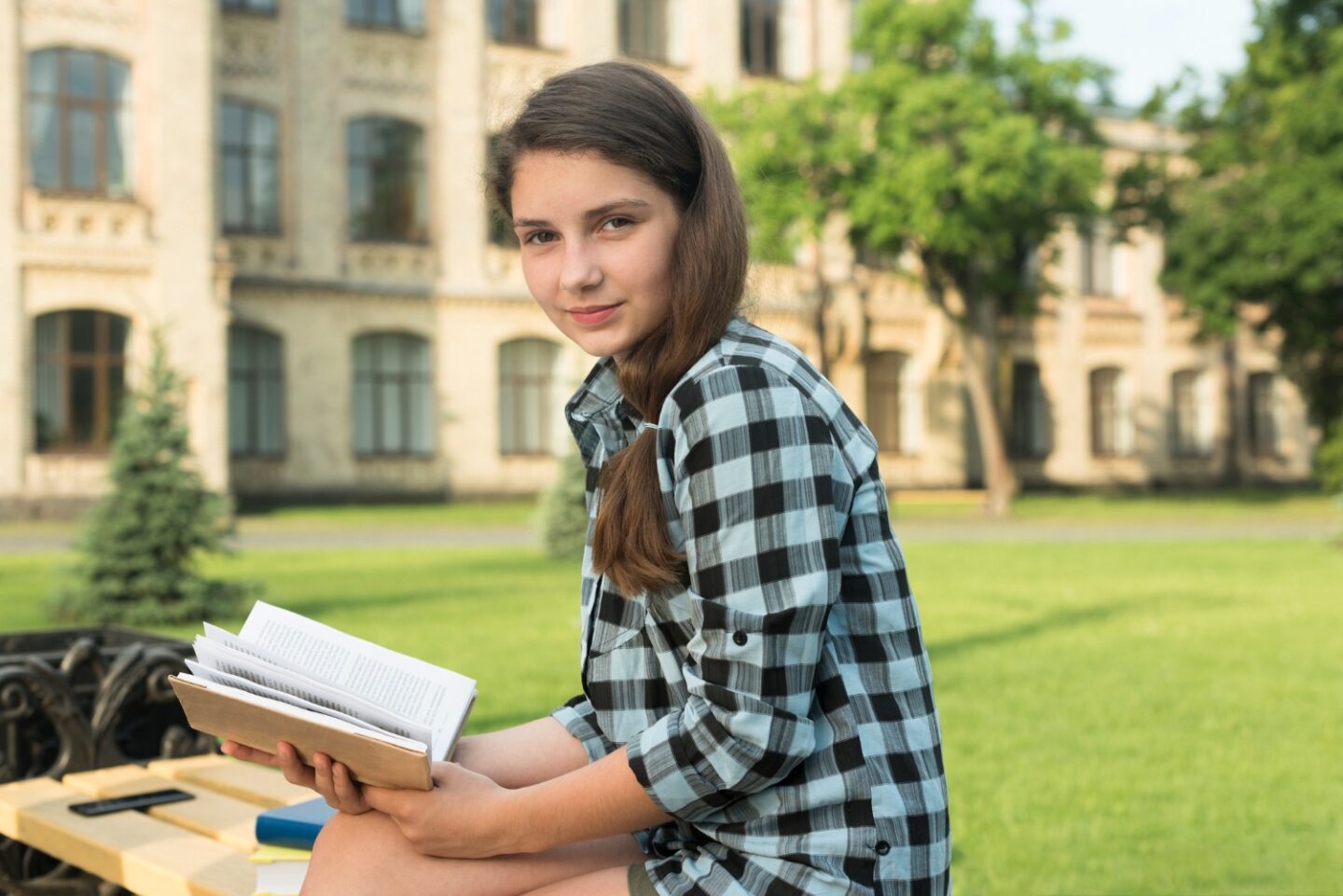
Ready to Explore the IB Middle Years Programme for Your Child?
The IB Middle Years Programme gives students a strong foundation for lifelong learning. It helps them think clearly, act responsibly, and stay engaged with the world around them as they grow.
If you’re considering this pathway, it helps to look closely at how local MYP schools guide and support student development. Families wanting extra help can connect with TutorsPlus for personalised advice, IB MYP tutors, and academic support. You can book a free trial at +41 22 731 8148 or to help your child succeed in the IB Middle Years Programme.
Frequently Asked Questions (FAQ)
What age group is the MYP designed for?
The MYP is for students aged 11 to 16. Schools may teach it as a full five-year programme or a shorter version depending on their structure.
How is the MYP different from other curricula like IGCSE?
The MYP focuses on inquiry, concepts, global contexts, and skill development rather than high-stakes final exams. It values understanding and application of knowledge across subjects.
What subjects are included in the MYP?
The programme includes eight subject groups: Language and Literature, Language Acquisition, Individuals and Societies, Sciences, Mathematics, Arts, Design, and Physical and Health Education.
How are students assessed in the MYP?
Assessment uses criteria for each subject. Tasks include projects, investigations, reflections, essays, portfolios, performances, and optional onscreen exams.
What are Approaches to Learning (ATL) skills?
ATL skills help students learn how to learn. They include research, communication, social skills, self-management, and critical and creative thinking.
How does the MYP encourage real-world learning?
Students connect academic knowledge to global contexts, service experiences, interdisciplinary units, and personal projects that reflect real-world challenges.
Is it beneficial to do the MYP before the IB Diploma Programme?
Many students complete the Diploma Programme without doing the MYP. However, the MYP provides strong preparation that makes the transition to the IB Diploma Programme smoother. MYP students already think according to the ATLs and are accustomed to reflecting on their learning.
How do parents support their child in the MYP?
Parents can support their child by encouraging reflection, helping with organisation, maintaining open communication with teachers, and showing interest in their child’s learning goals.
Where can I find authorised MYP schools?
You can locate authorised MYP schools through the official IB website’s school search tool.





